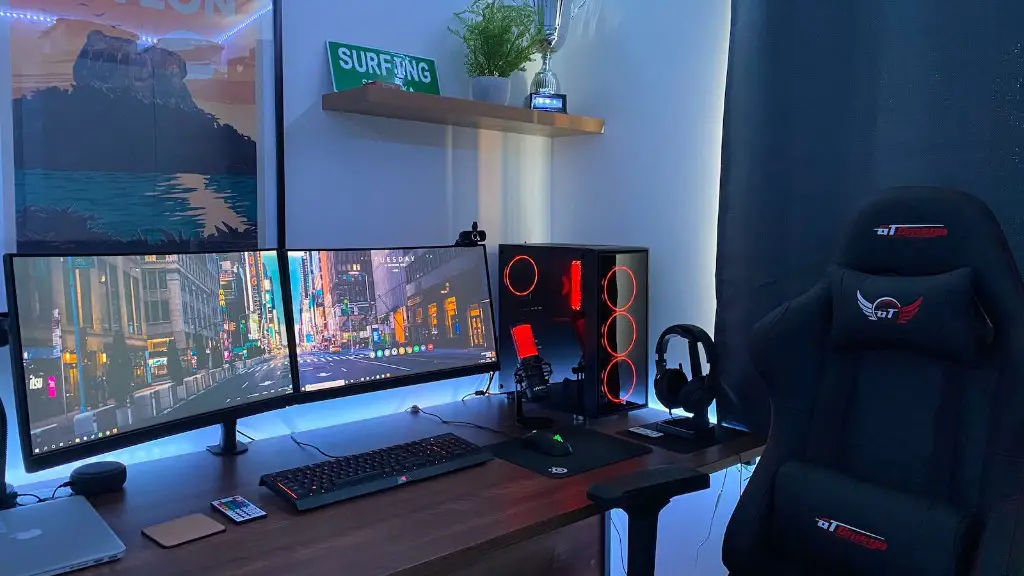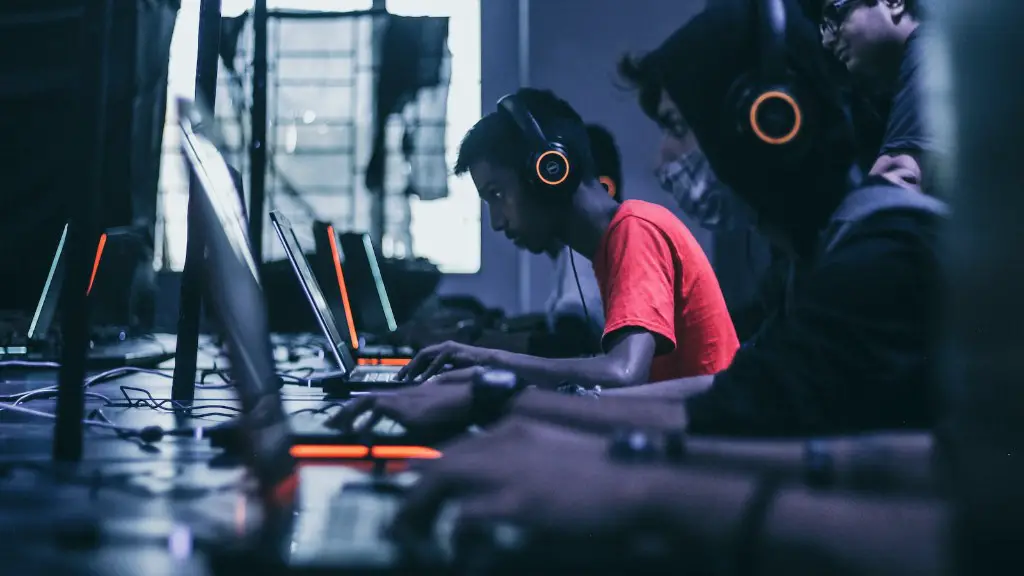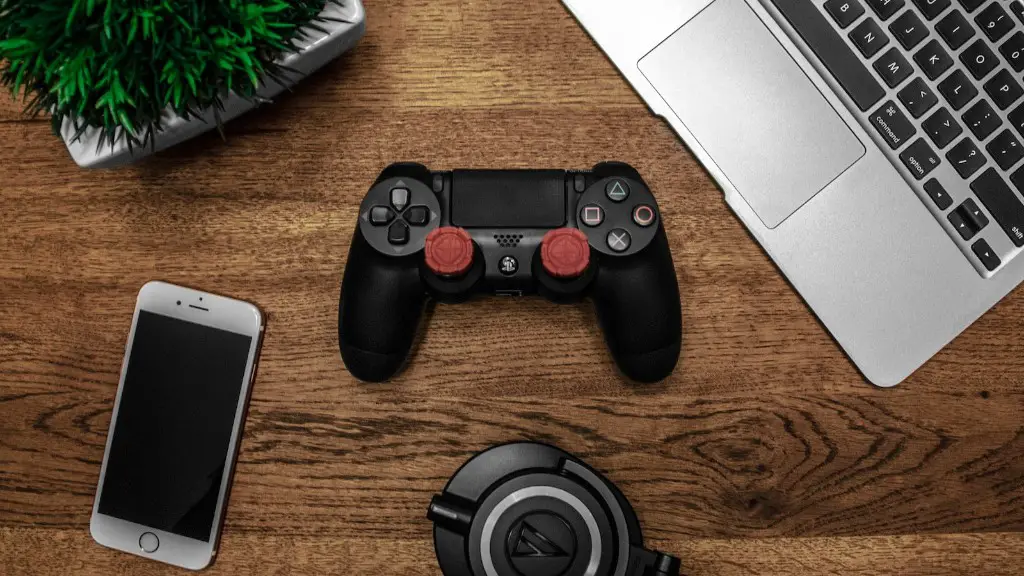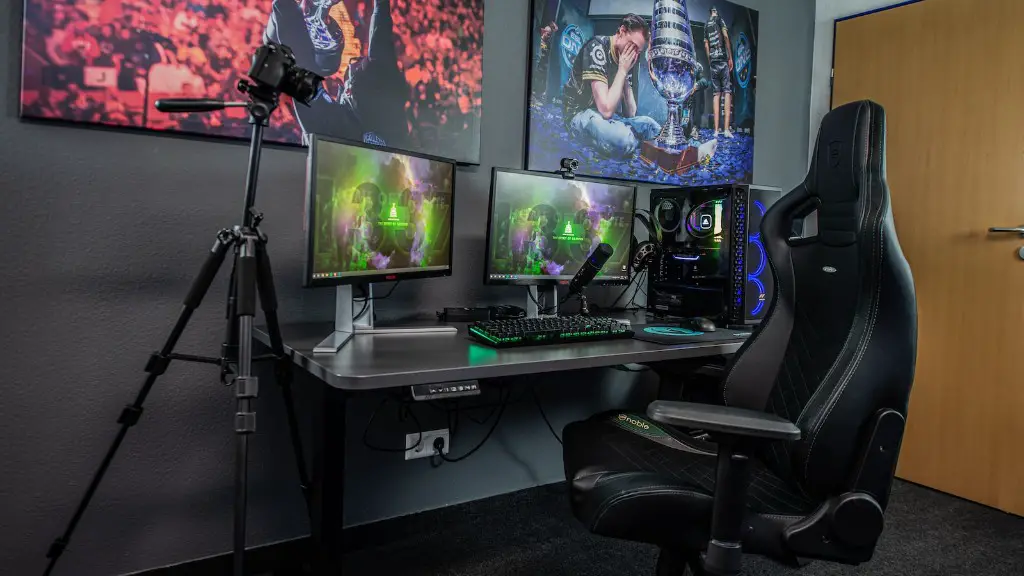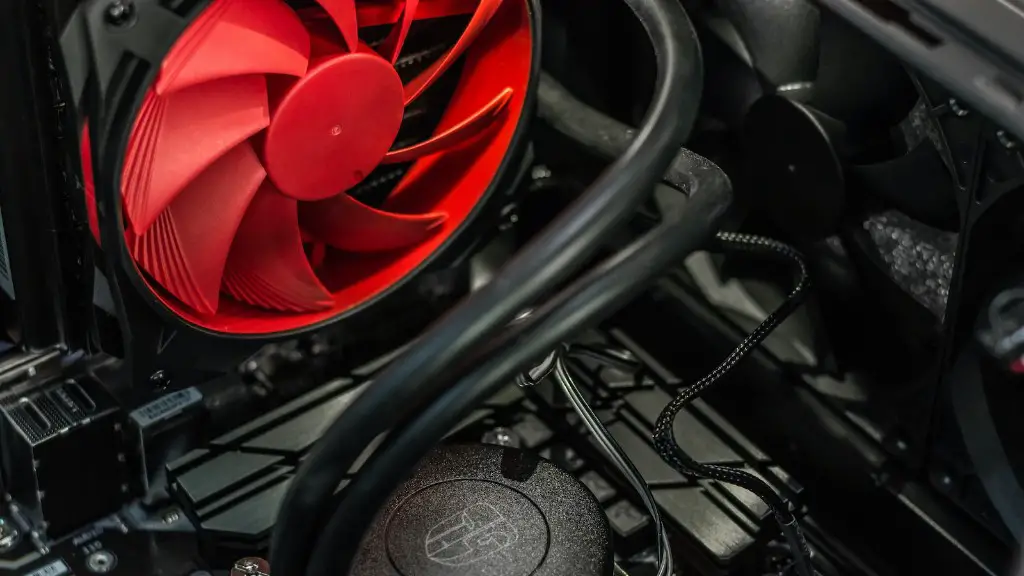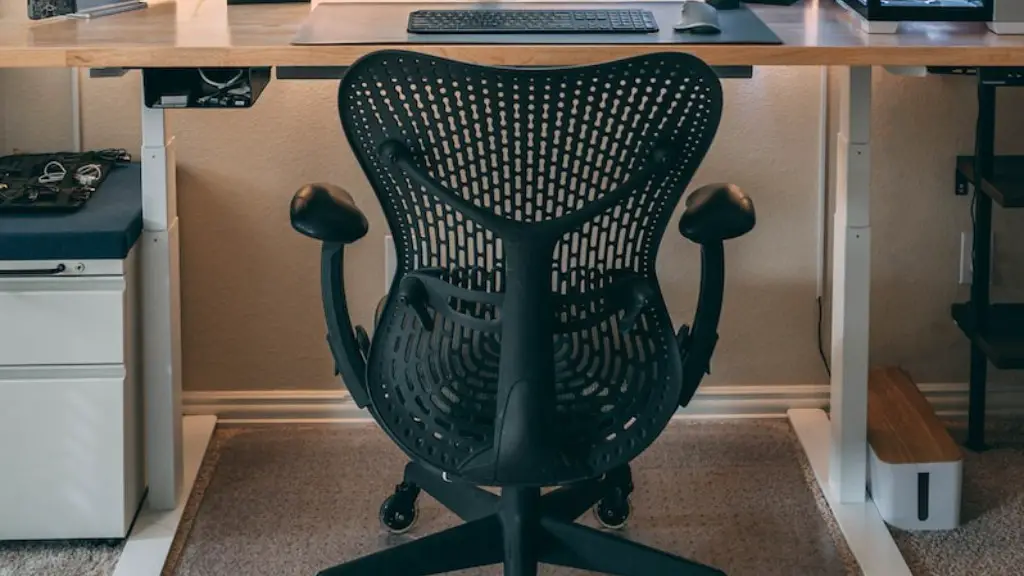Building your own gaming PC is a great way to customize your gaming experience. Before you get started, there are a few things you need to know. This article will walk you through the process of creating a gaming PC, from piecing together the parts to installing the necessary software and drivers.
First, decide what kind of PC you want: a desktop, a laptop, or a mini-ITX build. Each type has its own advantages and disadvantages. For example, if you’re looking for an upgradeable system, a desktop might be the better choice, but if you’re looking for something more portable, a laptop might be the way to go.
Once you’ve decided on the type of PC you want, it’s time to start gathering parts. Start by choosing your CPU, RAM, and GPU. Make sure to research the specs of each component to ensure that they are compatible with your build. You should also make sure to choose components that meet your gaming needs.
Next, you need to choose the other components, such as the hard drive, power supply, case, and cooling system. Once again, pay close attention to the specifications and make sure that they are compatible with your build. It’s also a good idea to research the best options for each component.
Now that you have all the parts, it’s time to assemble the gaming PC. Depending on the complexity of your build, this could take some time. Read through your user manual and follow the instructions provided. Make sure to properly install all the components, paying close attention to the details.
Once your PC is assembled, it’s time to install the necessary software. This includes the operating system, such as Windows or Linux, as well as any other programs or drivers you need. Once again, take your time and make sure to read through the instructions before installing anything.
Finally, you can configure your gaming PC to get it up and running. This includes tweaking the settings, such as overclocking or setting up your monitors and peripherals. You may also want to install a few game titles to test out your new system.
Preparing Your PC Before Your First Game
Before you get started with the actual gaming, there are a few things you can do to prepare your PC. First, make sure that all the components are working properly. Read through the manuals and double check the connections. You might also want to run a few benchmark tests to make sure your new build is running at its best.
Second, configure your drivers and other software to get the best performance out of your gaming PC. Make sure to check for updates to your components, as well as any software like video drivers. You should also think about optimizing the operating system itself, such as disabling unnecessary services and applications.
Third, set up your monitors. This includes connecting the cables, placing them in the right spot, and adjusting the settings. You will also need to configure the display settings and make sure that each monitor is running at its optimal resolution.
Fourth, configure your peripherals. This includes setting up your keyboard and mouse, as well as any other controllers you might be using. Make sure that your peripherals are plugged into the correct ports, and that the settings are correctly configured.
Finally, configure your game settings. This includes tweaking the controls, graphics settings, and audio settings to get the most out of your gaming experience. Make sure to check that everything is running smoothly before you start playing.
Choosing the Right Games for Your PC
Once your PC is ready to go, it’s time to start gaming. Before you jump into your favorite game, though, you should take the time to choose the games that are best suited to your PC. Take into consideration the specs of your machine, as well as the system requirements of the game. If you’re playing a game at lower than maximum settings, you should be able to play on practically any gaming PC.
When choosing a game, it’s also important to consider the genre of game you’re playing. Different genres require different styles of gaming. First-person shooters, for example, require precise mouse and keyboard control, while strategy games are best played with a gamepad. Choose games that play to your PC’s strengths.
If you’re not sure what games to buy, look for ones that have overall good reviews. You can also search for games with benchmarks, which can give you an indication of how well the game will run on your system. Online communities like Reddit and Discord can also be a great source of information about games and gaming PCs.
Finally, don’t forget about indie and free-to-play games. These titles don’t always have the most impressive graphics, but they can provide a fun and unique gaming experience, and they’re often much cheaper than AAA titles.
Upgrading Your PC in the Future
As your gaming needs change, you may want to upgrade your PC in the future. Before you jump into an upgrade, however, you should think about what type of upgrade you need. For example, if your PC can’t handle certain games, you might need to upgrade your GPU or CPU. If your system is running slow, you might want to upgrade your RAM or storage.
When choosing components, make sure to research the latest offerings. Pay attention to the specs, as well as other reviews and benchmark results. If possible, try to buy components from reputable brands, as these are often better quality and more reliable.
It’s also important to consider compatibility when upgrading. Make sure that your components are compatible with the other parts of your PC. This might involve checking the power requirements, form factor, and other specs. Doing your research beforehand can save you a lot of time and frustration.
Finally, if you’re not comfortable with the process, you may want to consider having a professional install the parts for you. This will ensure that you get the best performance out of your upgrades, and it will also save you the time and hassle of troubleshooting any issues.
The Benefits of Building Your Own Gaming PC
Building your own gaming PC offers several advantages over buying a pre-built system. For starters, you can customize your build to your exact specifications. This means that you can choose the best components for your needs, as well as the best price.
Second, building your own system gives you the freedom to upgrade over time. This means that you can keep your system up to date with the latest technology, without having to buy a completely new system. This can be a great way to keep your gaming experience fresh.
Finally, building your own gaming PC will give you a better understanding of how the components work together. This can come in handy if you encounter any issues with your system, as you’ll have a better understanding of how to troubleshoot them. You can also use this knowledge to make informed decisions when upgrading your system in the future.
Conclusion
Building your own gaming PC is a great way to get the most out of your gaming experience. It takes some time and effort, but the benefits are well worth it. The process of building a gaming PC starts with choosing your case, components, and peripherals. From there, it’s just a matter of assembling the system, installing the necessary software, and configuring the settings. Finally, you can choose your games, upgrade your system in the future, and enjoy the benefits of having a custom gaming PC.
